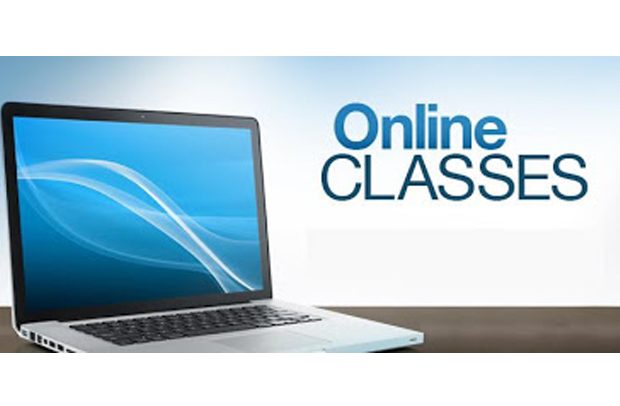MANAGEMENT of the University of Ghana (UG), Legon, has approved a proposal for tuition for the remaining seven weeks of teaching for the second semester to take place online using the university’s Sakai Learning Management Systems (LMS).
A statement signed by the Pro Vice-Chancellor, Professor Nana Aba Appiah Amfo, announced that the university’s online teaching schedule is expected to commence from the week of March 30 and will run for seven weeks till the week ending May 15, unless school resumes before the schedule.
This measure comes in the wake of the university’s closure on March 16 after a student of the university tested positive for COVID-19.
“While the university continues to observe social distancing to minimize community spread, we are also obligated to utilize alternative platforms to ensure that students complete the courses they signed up for; hence, management’s decision to leverage our electronic platforms in this direction,” the statement partly read.
UG will become the second tertiary institution in the country to conduct lectures online after the Ghana Institute of Journalism (GIJ) announced and began online tuition last week.
According to the statement, the university has upgraded its Learning Management Systems and activated Google classroom as a backup LMS.
It added that management is working with the university’s computing systems and other relevant units to make computer laboratories available for students who may need that, using a booking system while observing the necessary spacing and hygiene protocols.
The College of Education, through its regional learning centres, will also make similar arrangements for students who would like to access such facilities in the university’s learning centres across the country.
All courses will be rolled out on the Sakai LMS and students who may require assistance will be provided with virtual training including virtual helpdesks and hotlines.
“The University of Ghana Computing Systems (UGCS) is working with relevant units to explore the use of virtual methods to cover aspects of practical and clinical course components, where necessary,” the statement said.
By Nii Adjei Mensahfio

